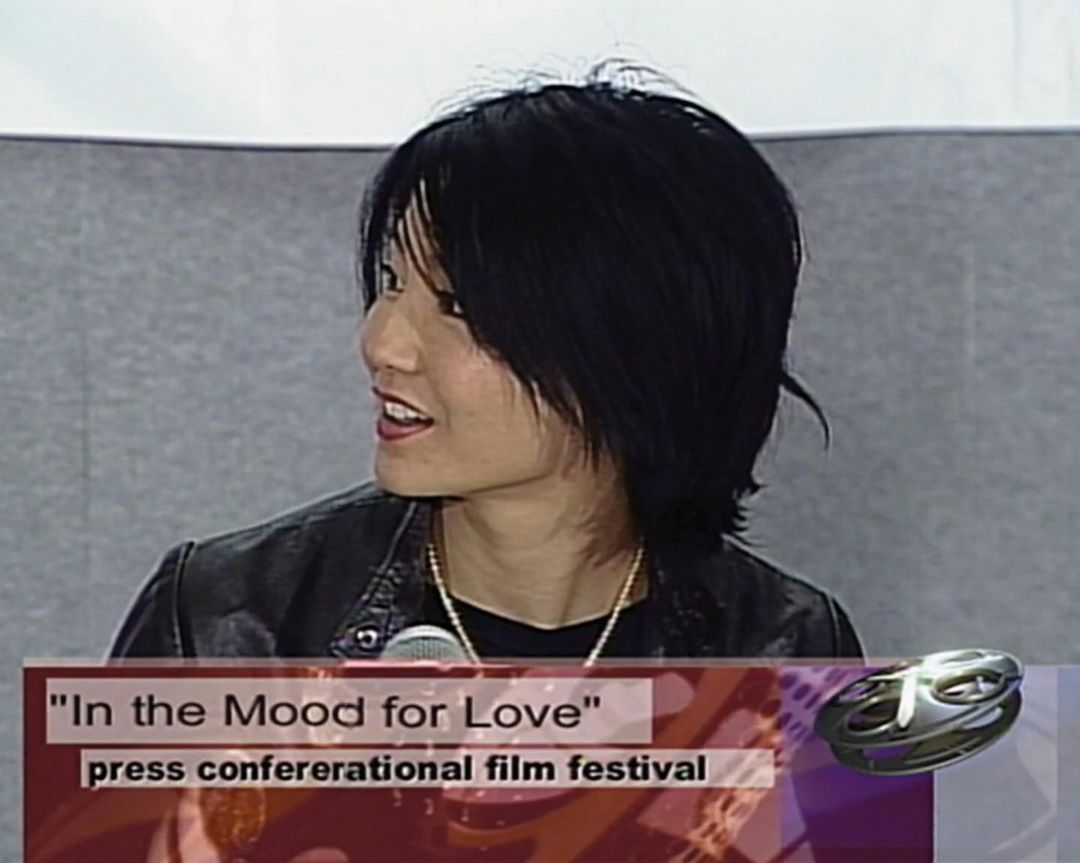
Interview with Maggie Cheung
par remi mourany
·
At the beginning of 2001, a few weeks after the triumphant release of "In the Mood for Love," Maggie Cheung explained Wong Kar-wai's method and the evolution of his cinema to Jean Marc Lalanne. Cheung had already played the main female role in Wong's first film, "As Tears Go By."
Q: You already played the lead female role in Wong Kar-wai's first film, "As Tears Go By" (1988). Did he already work using the same method?
A: From then on, he didn't write a script and gave us each scene to play on the same day. But it was still not hard (she laughs). "As Tears Go By" was a simpler, less profound film. I believe it was with " Ashes of Time" that he became a filmmaker of great formal complexity. Even "Days of Being Wild" which I really like, is a more surface-level film. "Ashes of Time" invents a completely new mode of storytelling. As with "In the Mood for Love" many scenes were not included in the final cut, and its development was done through successive subtractions.
Q: Do you have the impression that the more he works, moving forward blindly, the better he knows what type of cinema he wants to make?
A: As a spectator, I would say yes. His films are increasingly strong. But as an actress, caught up in her day-to-day wanderings (laughs)... In fact, I would also say that I prefer it now. It's harder, but the stakes are higher. Next time, I will be more serene and will better appreciate the process of developing it all together. Perhaps I will also take more initiatives. Because he lets us do whatever we want. He is always very curious about what we can offer him. During editing, the material is so vast that he has the choice to take or leave what he wants.
Q: In "In the Mood for Love" are a lot of things improvised?
A: Not so much in the dialogues. Kar-wai is concerned that they be respected. But in the way we move, we do what we want. At the end, when I go to Tony's room and search everywhere, I decided everything. If a scene does not have any dialogues, we are very free. But regarding the text and the voice, he is very vigilant.

Q: Did you collaborate on the sophisticated sound and artistic appearance, which is essentially William Chang's work?
A: Not at all about his work. It was Wong Kar-wai who came up with the idea of this unique model of dress available in different fabrics. William's contribution is fundamental to the soul of Wong's films. He has been there from the beginning and is truly essential in Wong's cinema. He is as important as Christopher Doyle. Christopher's contribution was essential on "Chungking Express" and "Fallen Angels." Wong gave him enormous freedom. But not so much on "In the Mood for Love." I think Christopher was very bored on this set. The camera movements were too slow, the shots too long. Chris needed to move constantly, to invent, to try different things. He feels that he is also a filmmaker and does not appreciate being assigned only the position of chief operator. He stayed for the first nine months, and after the first interruption, did not return. Three other chief operators then followed, but remained faithful to the visual atmosphere initiated by Chris.
Q: How was "In the Mood for Love" received in Hong Kong?
A: The film didn't do so well. It was released in few theaters. People didn't understand it. The public in Hong Kong does not like the effects of suspension of meaning at all. Some spectators were angry with the film for not giving answers. For them, the film tells nothing. In any case, in Hong Kong, Wong Kar-wai has a following that is no longer growing. "Days of Being Wild" has forever fixed the number of spectators for his cinema. The film was a scandal at the time because it was criticized for using Hong Kong's biggest stars for an openly anti-commercial film. Since then, Wong has reached a limited audience. The people who love his films are there, and the others no longer go.
Q: "In the Mood for Love" recreates Hong Kong in the 1960s, where you were born. Did you use your childhood for the film?
A: Not directly. I lived in Hong Kong until I was eight years old. I have forgotten a lot of things, and what I have left of Hong Kong from those years are mainly the smells, the hairspray that my mother used, the rusty metal of the curtain rods, and, above all, the sound of her heels hammering the hallway of the building. I don't know why we don't hear this noise anymore today. It has disappeared from our sound environment. On the other hand, we hear it in "In the Mood for Love."
>> Check out our new In the Mood for Love Collection









